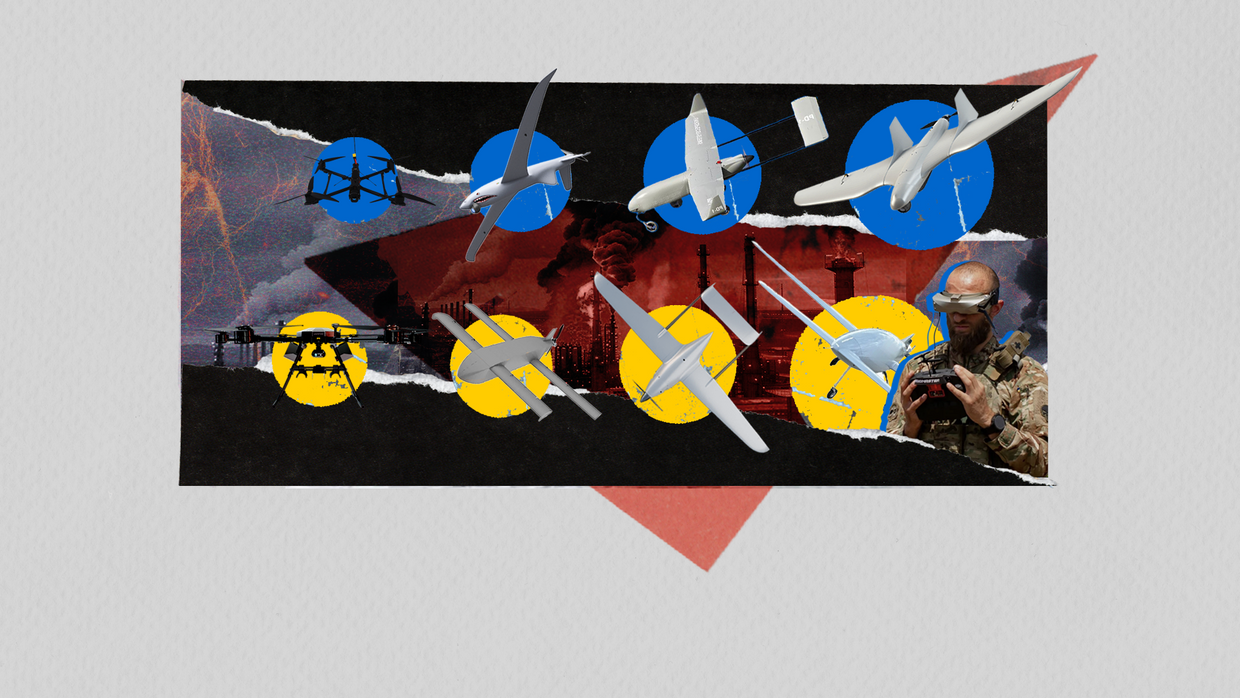President Trump's promise to curb inflation just got more complicated after January's Consumer Price Index (CPI) came in hotter than expected this past week.
The report rattled markets, putting pressure on stocks while bond yields soared, as investors reduced expectations for an interest rate cut, while some even revived the possibility of a hike.
But never mind a hike — a delayed rate cut alone could put President Trump on a "collision course" with the Federal Reserve, warned veteran economist Nouriel Roubini.
"Even just keeping them on hold is going to put [Powell] on a collision course with Trump, because Trump wants to cut rates now," Roubini said. "We're already seeing those tensions, and they're going to build up."
Just ahead of the inflation release, Trump urged the Fed to lower rates, posting on Truth Social that reduced interest rates go "hand in hand" with his tariff agenda.
His call for lower rates comes despite repeated pushback from Federal Reserve Chair Jerome Powell, who signaled once again this week that he's in no rush to cut interest rates. Speaking before Congress on Wednesday, Powell told House lawmakers, "I would say we're close but not there on inflation ... We want to keep policy restrictive for now."
And while Powell cautioned this week that "it would be unwise to speculate" on the economic fallout of tariffs, Wall Street remains skeptical of Trump's policy agenda. Roubini doubled down on his warning that the Trump administration's proposed policies — including tariffs — risk backfiring by adding to current inflationary pressures, while Moody's Analytics chief economist Mark Zandi warned consumers will "shoulder the burden."
"Tariffs, protectionism, economic war with our friends and allies, and also with China, are inflationary and reduce growth," Roubini explained.
And Zandi echoed concerns that Trump's tariffs will add to inflationary pressures, telling me that Trump's tariff proposals will fuel higher inflation, raise interest rates, and curtail economic growth — factors that would further "complicate" the Federal Reserve's upcoming policy decisions.
Zandi sees this risk elevated following January's CPI print, which showed "disinflation coming to an end" as prices increased across a number of sectors, including energy, food, used cars and trucks, and motor vehicle insurance.
"The broad-based nature of the price increases ... it’s something to worry about with regard to tariffs," Zandi said on Yahoo Finance's Morning Brief. "The disinflation that we had been enjoying is now over, and unfortunately we're not quite back to the Federal Reserve's target, so that's disconcerting."
.png)
 German (DE)
German (DE)  English (US)
English (US)  Spanish (ES)
Spanish (ES)  French (FR)
French (FR)  Hindi (IN)
Hindi (IN)  Italian (IT)
Italian (IT)  Russian (RU)
Russian (RU) 








Comments